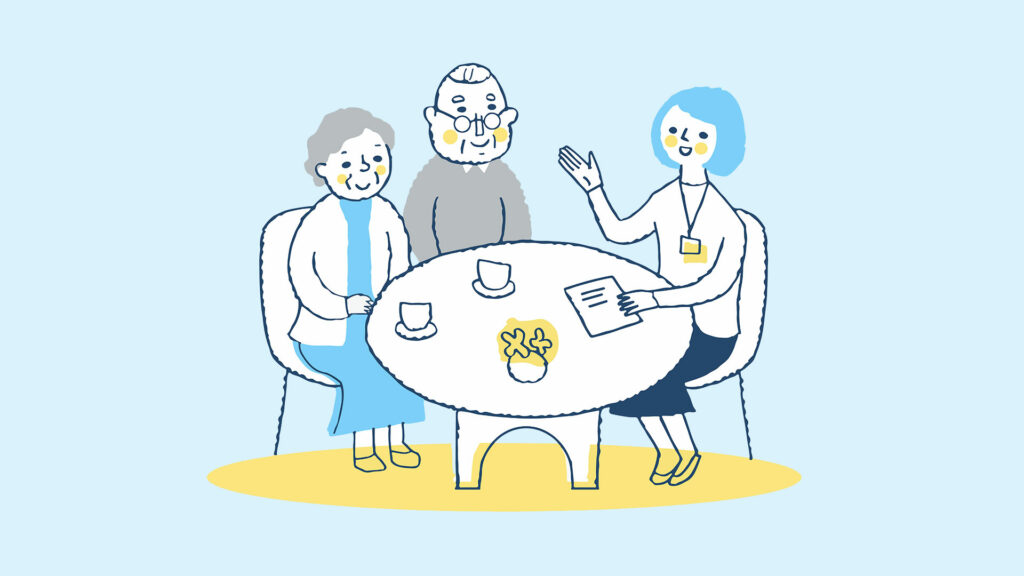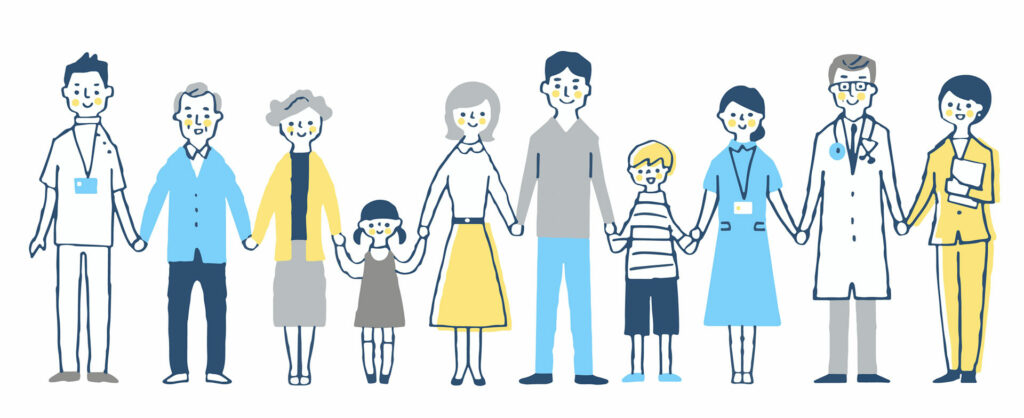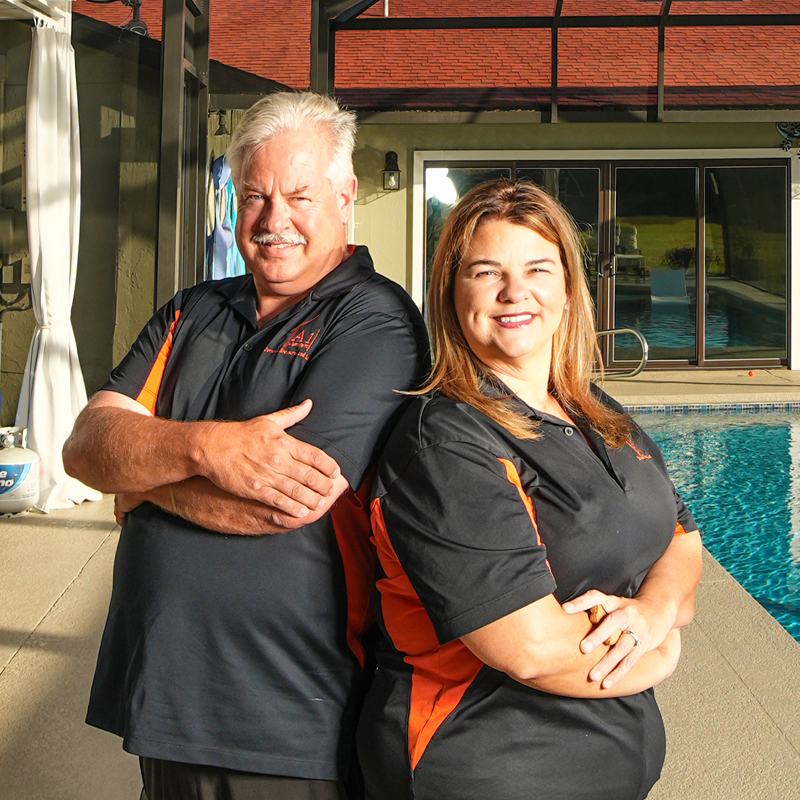Caregiver Cheat Sheet
- Heather Luxemburg

Ready for a hard truth? At some point in their lives, almost everyone will require some type of long-term care, whether in-home or in a hospital. Rebecca Lanterman sees this on a daily basis. While running her business, Winter Garden Senior Home Care, Rebecca has seen firsthand the toils and hardships that develop when it comes to caring for an aging person. They’re stubborn. They’re confused. And most importantly, they do not want your help. However, there are things you can do to make caring for your loved one easier.
Using her many years of experience, Rebecca has compiled a list of don’ts when it comes to caring for an aging adult.
1. Don’t make promises.
“You have to be realistic about the quality of care that you provide. I have seen sons and daughters start to lose parts of themselves because they made an unrealistic promise many years ago; they could not foresee the situation that they are [now] in.” Things happen, unfortunately.
“Don’t make promises you cannot fulfill. Just don’t. I don’t know a nice way to say this, but hope is a double-edged sword. We spend so much time hoping for the best that we fail to plan. People wait too long. You can still have hope, but you have to be realistic.”
2. Don’t wait too long.
“It is most important to have the difficult conversation and put a plan in place before they can no longer do that. It is important to educate them about long-term care options. Every single one of us is going to reach a point where we will likely need help, but we don’t like to talk about it. And people can need help, but because they and their kids don’t talk about it, it remains a big secret. Because of this, people are suffering in silence.”
3. Don’t do it alone.
“Here’s where we need to delineate the roles of the family members because burnout will destroy a family. We need to share the responsibility,” Rebecca says.
Often sons and daughters may feel as though they must take on the task of caring for their loved ones by themselves. This can then create resentment within the family, as the overwhelming task becomes much greater than they initially may have realized. “I see this every single day… Neither one can really care for the other, but [they pretend that] everything’s fine.” Rebecca grimaces. “It’s not fine. Which is why you need to ask for help, professional help.”
4. Don’t feel shame.
“There is nothing shameful about needing help! The physical, emotional, and financial health of the caregivers is often as important as the one you’re focused on,” Rebecca says. Like the saying, you can’t give water from an empty well, you can’t make good decisions from a place of mental and emotional exhaustion. Even though you love this person, you may not be a doctor or a physical therapist or a nutrition coach, or a professional launderer. Focus on the things you can do, and find help for the things you can’t.
Oftentimes, Rebecca finds that there are just too many misconceptions about aging. “Not everything is just a ‘normal part’ of getting older. In some cases, symptoms can be slowed down with nutrition, diet, and exercise, but in some cases, they can’t. Every situation is different, and that’s not accounting for plain old rigidity and stubbornness.” Rebecca says, “Sometimes we have to adapt to their journey, meet them where they are. That can be hard for family members to accept, or to navigate, but there is no shame in that either. We can’t make promises about things that are unrealistic because our expectations do not fit their reality.”
5. Don’t hold back.
Talk early, talk often, and be clear with your intentions, certainly about caregiving, but also heirlooms. “Rather than waiting until someone dies to decide who gets grandma’s ring, the time to do that is early on, when they first get care or even before. The memory isn’t the ring, it’s the story of the ring, and grandma must get to share that story in her own voice. So, take the time to invite those conversations now, not at the eleventh hour … invest in this time with real love and companionship. This also eliminates any of the potential misconceptions that often arise after it is too late.”
6. Don’t go into it blind.
In other words, have a plan prepared. Whenever these types of situations arise, there must be a transitional phase for everyone involved. Rebecca urges everyone to have a plan in place long before it should be needed. “People have to talk about it; people have to have a plan. You can’t decide once someone is diagnosed with a terminal illness, or once the caregiver is injured.”
The problem, she says, is that people don’t talk about the issue. It is easier to ignore it, and push it aside. “It’s going to happen to all of us; why ignore it? There are lots of things you can do ahead of time: contacting home care agencies, contacting the local funeral homes, and contacting attorneys. Also, it puts people in the mindset that ‘this is the way I’m going; this is happening on my terms.’” This makes for an easier transition into adjusting to long-term care. Plus, having these precedents set in place long beforehand eliminates any unwanted situation that may come up.
Even professionals like Rebecca aren’t exempt from this advice. “As a family, we had talked about this forever, so, when the time came with my mom, I was like, ‘OK, I’ve read this chapter already. I know where we’re going now.’ But it was still hard, and there were still bumps in the road. Things didn’t go as planned, but because we talked about it, we had a general idea of what my mom wanted.”
Ultimately, we all take on some type of caregiver role with elderly parents, even if we don’t live with them or provide daily care. As mom or dad, they once devoted their time and energy to our well-being; now, as adult children, we find ourselves doing the same for them. No matter how you look at it, caring for elderly parents means making sure they are safe, happy, and taken care of with the dignity they deserve.
“Dignity. That’s so important,” says Rebecca. “It is important to be able to give them quality in the days they have left. Once you lose the feeling of dignity, you start to lose your feeling of self, and this happens silently. We don’t see it coming.”
Rebecca pauses. “It sucks, there’s just no other way to say it. But at some point, we’ll all go through some version of this. There’s no reason to do it alone.”
Finding the right mix of welfare and happiness takes some time and is a dynamic condition that will change over time, perhaps even day to day. Don’t worry or stress out. Remember, you are not alone. Staying informed, considering their happiness and comfort, and making use of as many supportive resources as possible, is the best approach when caring for elderly parents.







